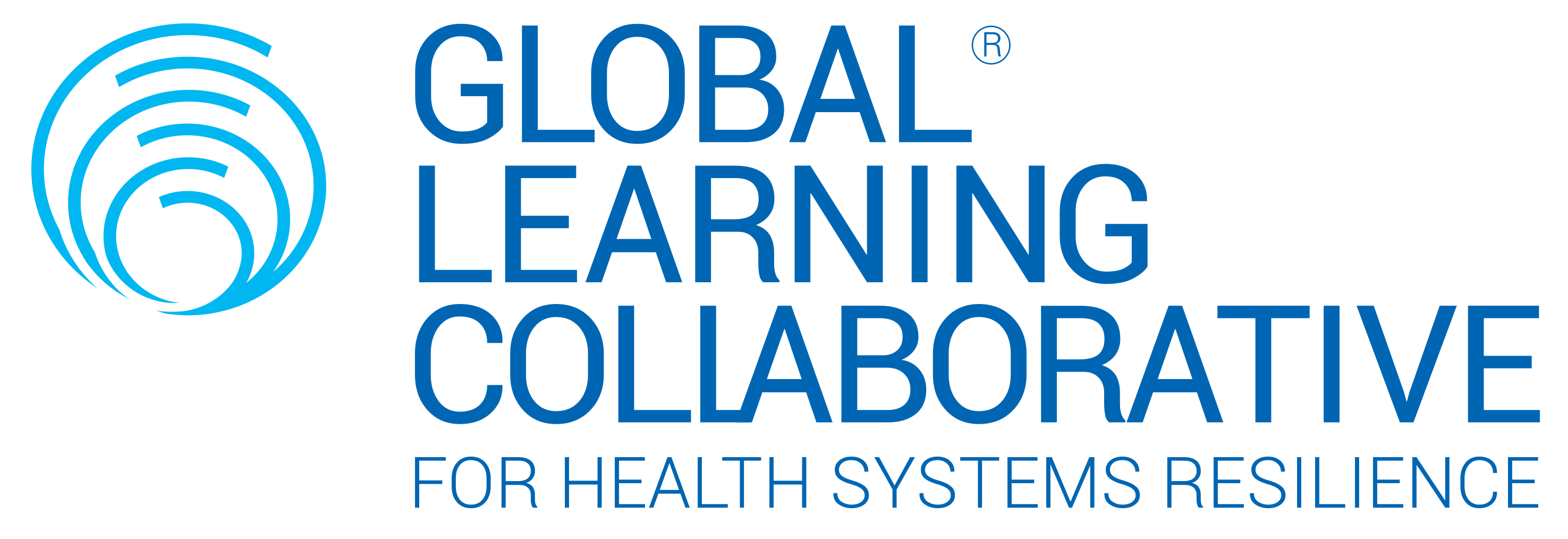Side Meetings
SMB106
Learning Health Systems to Face the Confluence of Crises
24
Jan
- ACCESS Health International / Global Learning Collaborative for Health Systems Resilience

The health of people the world over is being impacted by a confluence of crises–pandemic, geopolitical, environmental, and economic to name a few. Over the past two decades, climate change has greatly affected the health and well-being of people and impacted the overall economy of countries.
Countries, communities, and individuals have been responding to these shocks and have demonstrated their ability to mitigate their impact. Lessons drawn from these responses provide learning opportunities to strengthen the global community and its collective response to these crises.
However, countries are not equipped to apply these lessons to their policies and practices in building back stronger, more resilient health systems. Many countries lack the capacity to learn and to translate the learning into transformative action. While some countries do have this capacity at the national level, it does not percolate to subnational systems.
COVID-19 has demonstrated the power of collaboration in facing global challenges. However, it has also exposed our collective failure to document and learn from past experiences of responding to distress. The power of collaboration can be extended to promote cross learnings between various stakeholders and to build learning health systems that are better prepared to face future adversities.
ACCESS Health International, in partnership with The Rockefeller Foundation, has launched the Global Learning Collaborative for Health Systems Resilience (GLC4HSR). It seeks to nurture a culture of learning through its global, regional, national, and subnational chapters. The co-creation and sharing of knowledge enable countries to cross-pollinate best practices and adopt a culture of learning health systems. The unique bottom-up approach of the GLC4HSR facilitates learnings to be tested through pilots at the community level, allowing for the practical application of theoretical frameworks.
Other existing collaboratives focus on various aspects of health such as financing, pandemic preparedness, human resources for health, and health systems strengthening. These collaboratives facilitate cross-country learning and present opportunities for multi-stakeholder participation. They operate under a unified agenda wherein different development partners can come together towards imbibing learning ecosystems. The GLC4HSR endeavors to work in partnership with these collaboratives.
In the spirit of collaborative learning, the GLC4HSR invites all stakeholders interested in knowing more about and participating in this learning journey to attend the event.
Objectives
- To set the context and to understand the need for learning health systems to face a confluence of crises
- To present the approach and learning journey of the GLC4SHR in transforming health systems. The learning journey includes knowledge pooling, processing, presenting, practicing, and transforming, along with case examples.
- To present the learning journey undertaken for the overarching theme “Health Systems Resilience” and a proposed new framework for its assessment
- To discuss the advantages and disadvantages of such an approach

